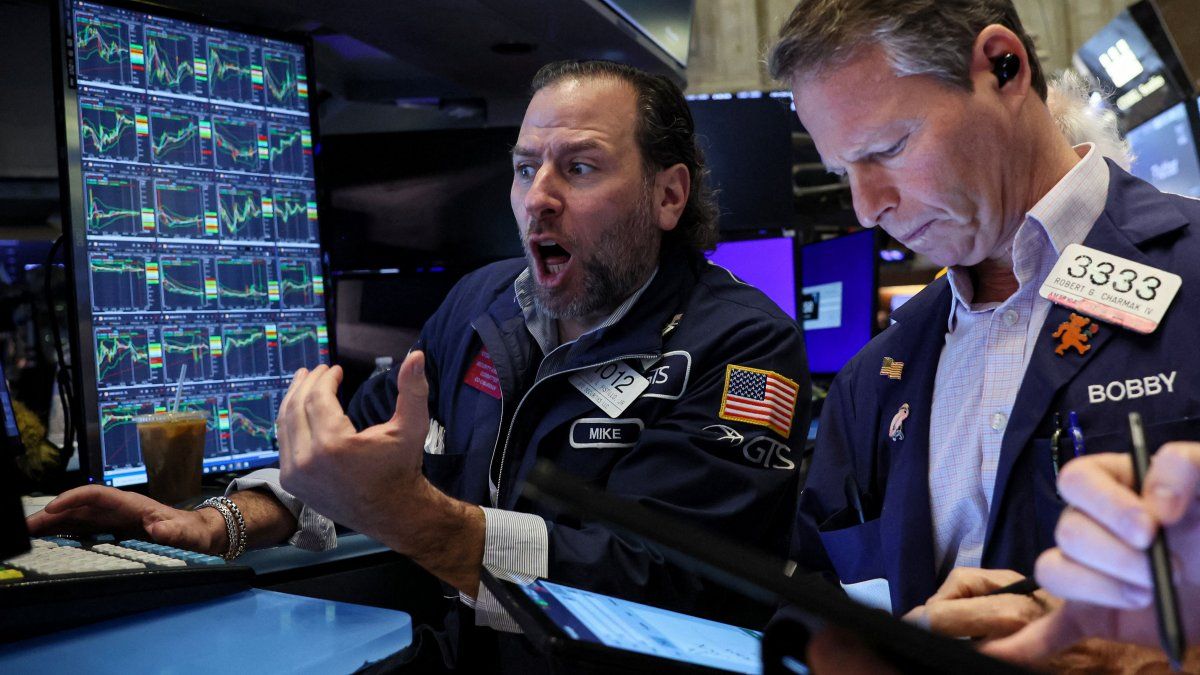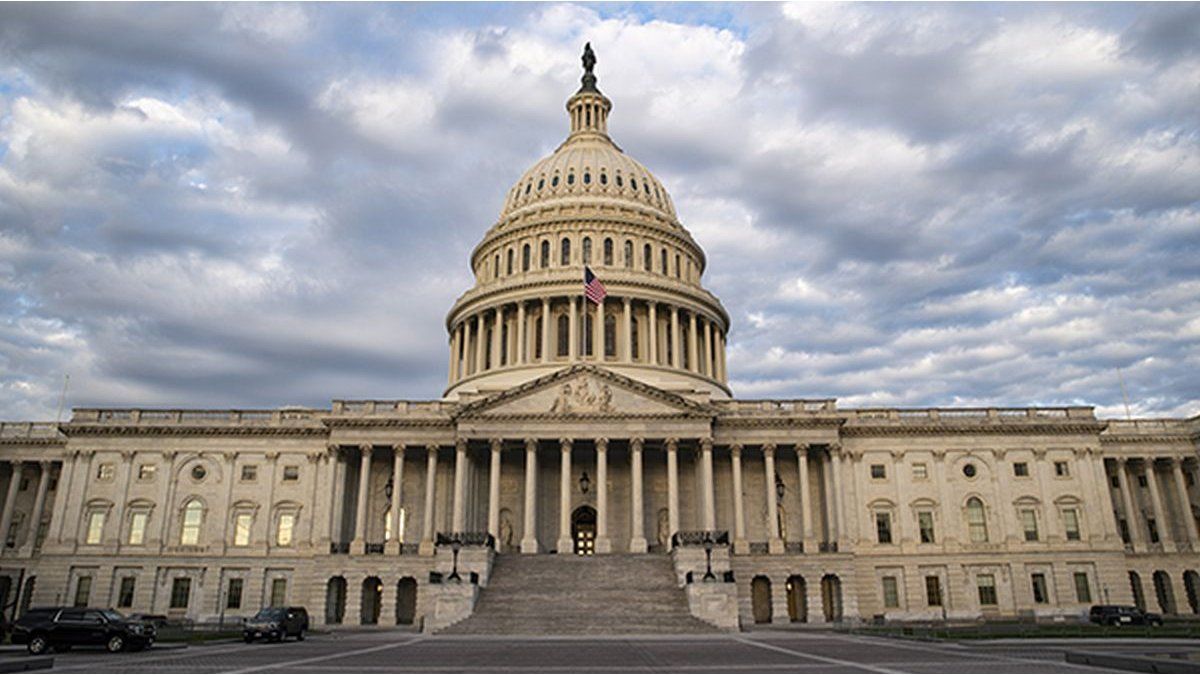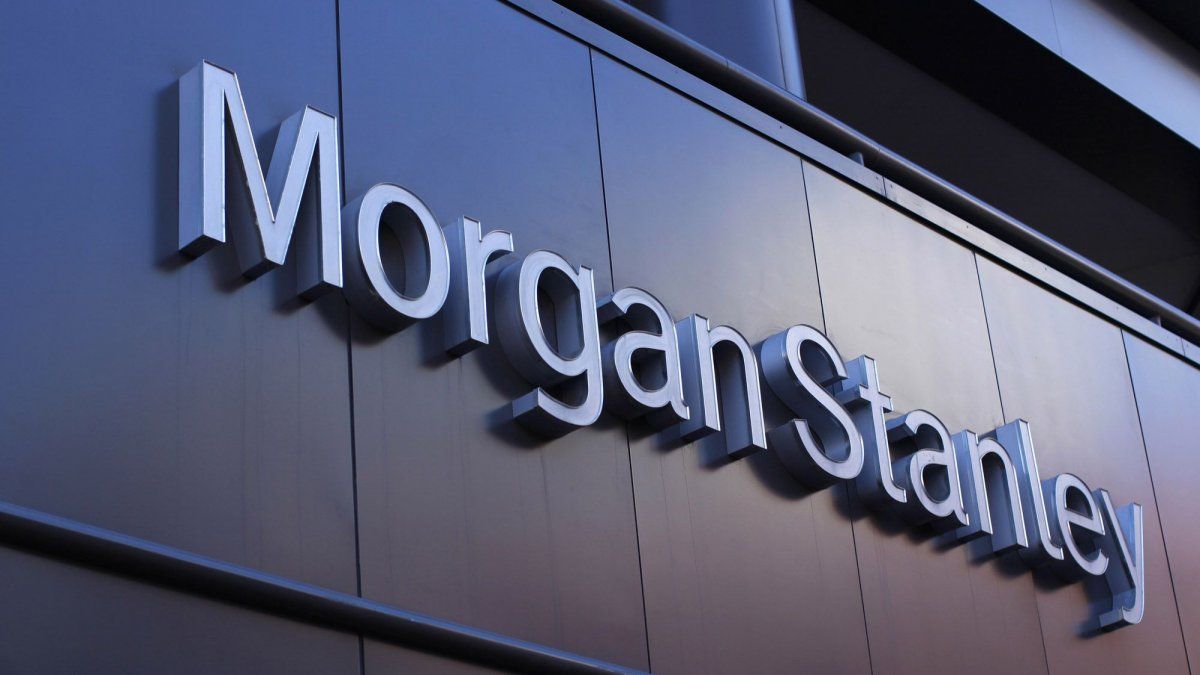Despite the commercial war, the war conflicts, Trump’s onslaught against the Fed, etc., does not cease to surprise Wall Street the Optimism of one of the star investors that, in addition to boasting and enriching themselves anticipating the financial crisis of 2008, he is nicknamed by his colleagues “Big Short”, for its constant downward bets.
Above this is in a market where it seems difficult to find “bears” (those who see a bearish market) with the naked eye, in addition to the warnings that investment banks and experts on the probability of a correction issue.
That is why it attracts attention that Steve Eismancatapulting Hollywood’s fame for the film The Big Short By the character played by Steve Carell “Mark Baum”, which portrays the details of the mortgage crisis Subprime In the US that later moved to the rest of the world, He is affable and stubbornly optimistic with the market rally.
Steve Eisman’s optimistic vision
Who was one of the main managers who lit alarms about the world financial crisis more than 17 years today disseminates their visions and market strategies in the podcast The Real Eisman Playbook.
According to Barbara Kollmeyer by Marketwacht, Eisman is a great admirer of American technology and states that no other stock market in the world can boast such concentration in the sector. This is the cornerstone of his optimistic vision of actions.
“I am a great believer in the American economy in the long term and, in that sense, I am very optimistic; I started seeing how incredibly dynamic the industrial sector and the technological sector was, and then, with the rise of artificial intelligence (AI), the need for more electricity arose; That is, everything features himself, ”he explained.
Bets: Technology, M&A and Regional Banks
According to Eisman, investors may not take into account that, although the Information Technology sector represents about 31% of the S&P 500, if companies are added as companies such as Amazon, Alphabet and Meta, They are considered technological, but technically do not belong to that sector, the percentage rises to 50%.
In this regard, the emblematic investor said Investors would be crazy if they bet against companies like NVIDIAwhose actions went through a difficult spring, but have resumed their ascent. For him, technology is where his greatest convictions reside, so he owns Apple, Alphabet, Meta and Nvidiaalthough not of Tesla.
Also anticipates another great operation, this time one wave of mergers and acquisitions (M&A) that arrives at the US and owns PJT Partners, a global investment bank focused on advice. Eisman said that wave has already begun with the announcement of the merger between Union Pacific and Norfolk Southern:
“Thinking about it, it is shocking, because during the Biden administration, they would not even have considered it. Someone in the government should have made the wink, because otherwise they would not have done this. So, if that was approved, anything can be approved”
The wave of M&A will also reach regional banks, according to Eisman, who argues that “We definitely need larger banks to compete with JPMorgan and Bank of America“In addition, he said Eating should be soldbecause actions prices are where they were in 1994.
Recent trajectory and controversies
It is worth noting that Eisman owns Global Management Apollowhich invests mainly in those assets. He explained that he generally seeks values with real market power, for example, owns Moody’sbecause it is a duopoly.
However, he warned that such operations do not always last, as happened with Fair Isaac Corp.“That it was a monopoly and now suddenly it may not be a monopoly, so the actions have really been corrected a lot.” The company’s shares have lost this quarter 28% after a decision of Freddie Mac and Fannie Mae to introduce competition into their credit score model, Kollmeyer recalls.
It should be noted that Eisman, known for his Betwork bonds that made it famous and millionaire in the 2008 crisislast year it was suspended by its employer Neuberger Berman Due to a controversial post in the social network X on the Middle East and Gaza. Despite his apologies, he ended up renouncing.
What catapulted him to fame was his short position against mortgages Subprime Before the collapse of 2008. Harvard’s lawyer, Eisman left the profession to become an analyst at Oppenheimer and then manager at Frontpoint Partners, before founding his own Emrys Partners background in 2011.
Source: Ambito
I am a 24-year-old writer and journalist who has been working in the news industry for the past two years. I write primarily about market news, so if you’re looking for insights into what’s going on in the stock market or economic indicators, you’ve come to the right place. I also dabble in writing articles on lifestyle trends and pop culture news.




